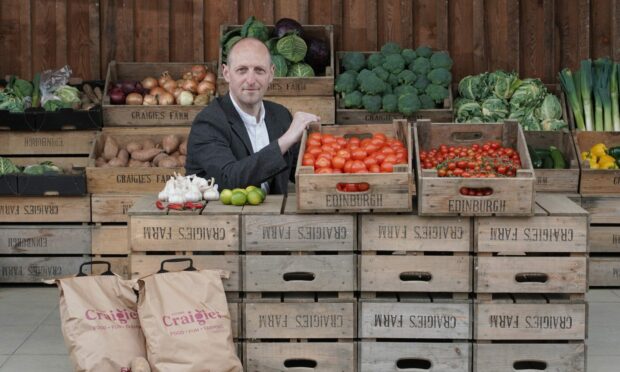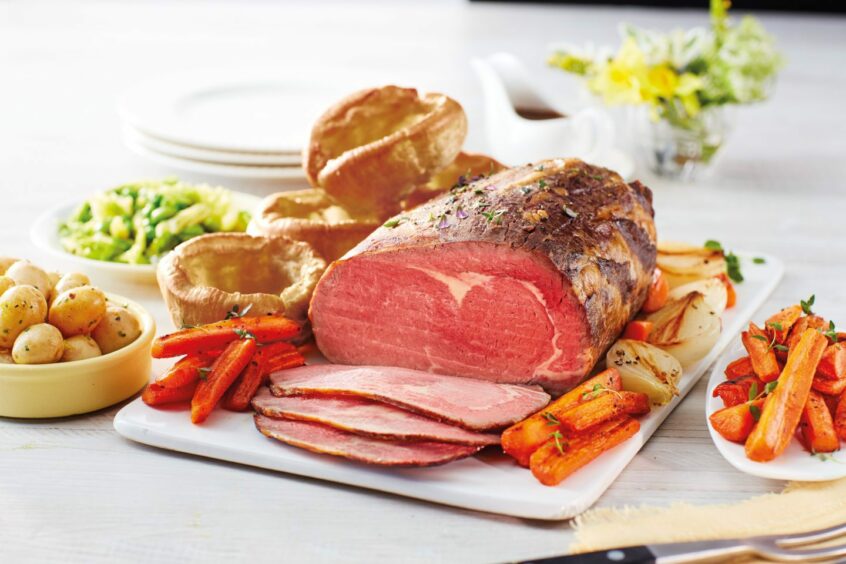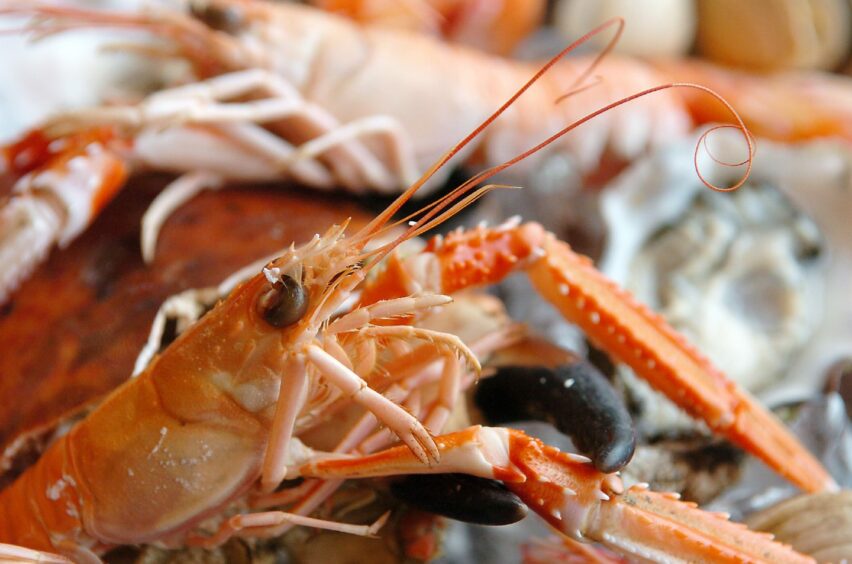The worst of the pandemic seems to be behind us, so is it plain sailing ahead for the region’s food businesses?
Unfortunately not. Challenges remain and companies across the country are facing acute labour shortages, with the north and north-east’s flagship arable farming and seafood sectors particularly hard hit.
The cost-of-living crisis and spiralling fuel costs all add to the financial headaches faced by consumers and producers alike.
Pre-Covid high
Before the pandemic, Scotland’s food and drink industry had gone from strength to strength.
It was worth £14.8 billion, up from £10bn in 2007, and employed 115,000 people.
From its record high value, the industry has contracted over the past 18-24 months as the impacts of Coronavirus, Brexit and energy price rises shook the global and UK economies.
Sewing the seeds of growth
Against this backdrop of incredibly challenging economic and societal circumstances, Scotland’s food businesses – and those in the north and north-east in particular – continue to innovate and sow the seeds of future growth.
In March 2020 many firms went into survival mode and are now, once again, turning their attention to growing into new products and markets.
That commitment to continually developing and growing the industry was demonstrated by the more than 100 food and drink businesses across the country who took part in our flagship business development programme – The Academy – in its first year.
Delivered as part of the Scottish Government-funded industry recovery plan, The Academy is a series of workshops and masterclasses designed to give companies of all sizes the tools and expertise they need to grow.
The overall recovery plan is a shining example of the power of collaboration, and designed to bring together businesses and trade organisations from across the sector to engage in programmes aimed at boosting economic activity and speeding up the recovery from Covid-19.
‘Vital part of the Scottish economy’
In November 2020 the government committed to a £15 million investment to realise the actionable strategy to get the sector back on its feet.
Food and drink is a vital part of the Scottish economy as one of the biggest contributors, employers and exporters, so it’s success is vital to all of us.
There are huge growth opportunities in underdeveloped markets.
Scotland’s larder is the envy of the world and we’re privileged to have so many incredible products available on our doorstep.
We need to redouble our efforts to showcase the very best produce to Scottish and UK consumers.
Importing and exporting in the post-Brexit era continue to be challenging and, for some, prohibitively financially and administratively taxing.
That doesn’t look like being resolved any time soon, but Scotland’s reputation as a land of food and drink is reaching markets around the world.
If the UK Government can secure favourable trade deals with major global economies, there is untold opportunity to sell even more of our products around the world.
To continue to build on the solid foundations the industry has, harnessing the power of data will be vital.
That’s why, along with our partner organisations, we have developed The Knowledge Bank.
An insight service providing access to a unique blend of customised market research, data analysis and consumer insights, The Knowledge Bank has already been used by more than 400 businesses to inform their decision-making and track consumer trends.
Sustainability increasingly in focus
One trend we expect to continue post-pandemic is the rising demand for sustainability in food and drink.
Scotland is well-placed to be a world-leader in this field, with innovative and sustainable farming practices as the norm, and with a global reputation for high quality – not high volume or intensive – products.
We are – both as a country and an industry – by no means perfect, but making a concerted effort to reduce our collective impact on our planet.
In February we announced the first recipients of more than £160,000 in grant funding for collaborative projects with Scottish universities to accelerate their journey to net-zero.
Seventeen businesses from across the country secured the cash from the Scottish Food & Drink Net Zero Challenge Fund.
The aim here is to encourage businesses to take action on their environmental impacts in a meaningful way by partnering with world-leading experts and academics in engineering, manufacturing, biotechnology and data science.
It’s morally and financially imperative in the long run that food and drink businesses continue to blaze the trail as a green industry.”
If 2021 was the year of COP26 and making climate commitments, 2022 should be the year our industry seizes the opportunity we have to be world leaders and put those commitments into action.
Cost pressures around energy and raw materials are causing some parts of the economy to waver on sustainability commitments.
But it’s morally and financially imperative in the long run that food and drink businesses continue to blaze the trail as a green industry, seizing the huge commercial opportunity that comes with that reputation.
Coffee waste trial offers exciting prospects for Sutherlands of Portsoy
Times continue to be hard in the aftermath of the pandemic but there is certainly cause for hope.
We still make some of the best food and drink products in the world, with a strong global reputation for high value, high quality goods.
In the north-east we have some of the best whisky, seafood, beef and arable products in the world.
The region is also home to some of the country’s most innovative and forward-thinking initiatives – from vertical farms to hubs to collaborate on transformational projects.
The past couple of years have been incredibly difficult for the sector, but going through those tough times together has built a strong sense of community as well as resilience.
Bu using that resilience as a springboard for growth and through working in close partnership with government, the industry can look forward to a brighter future.
John Davidson is deputy chief executive and strategy director at industry leadership group Scotland Food & Drink.






Conversation